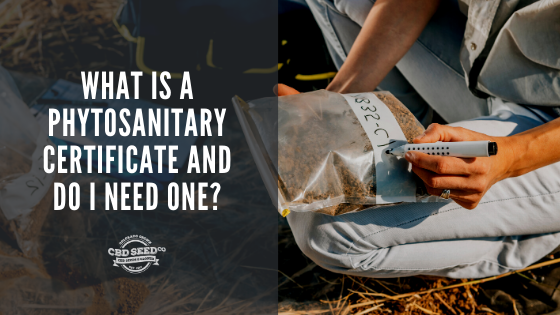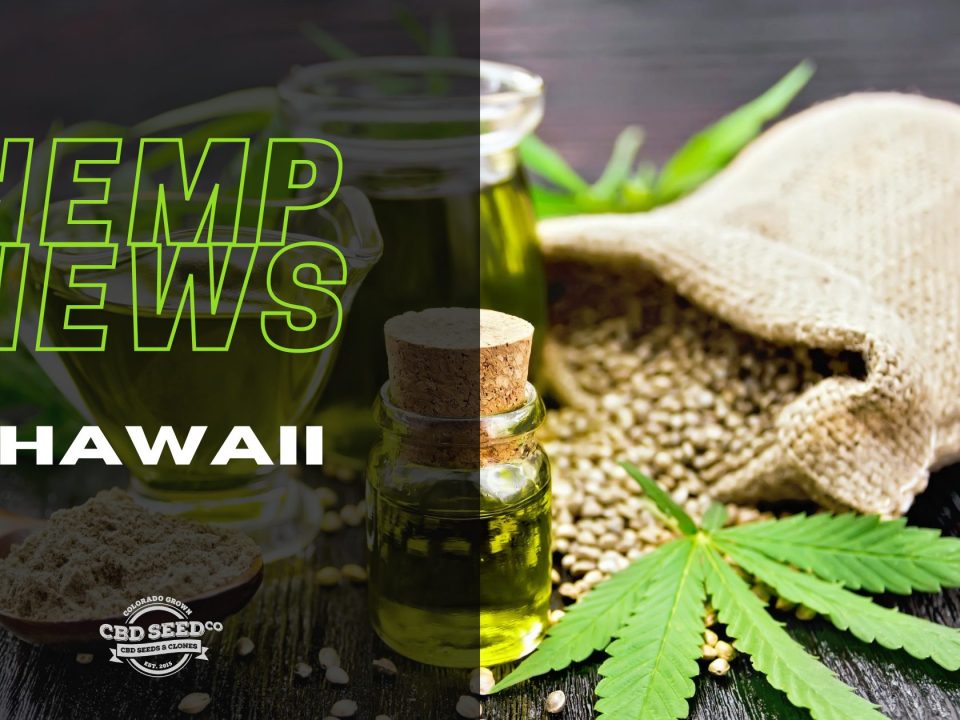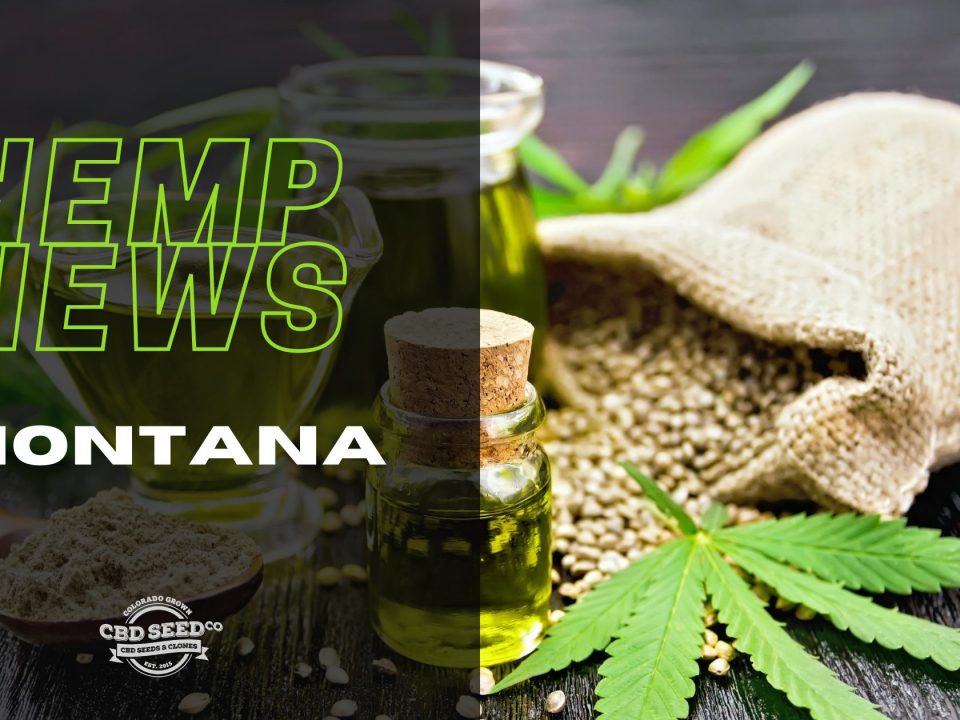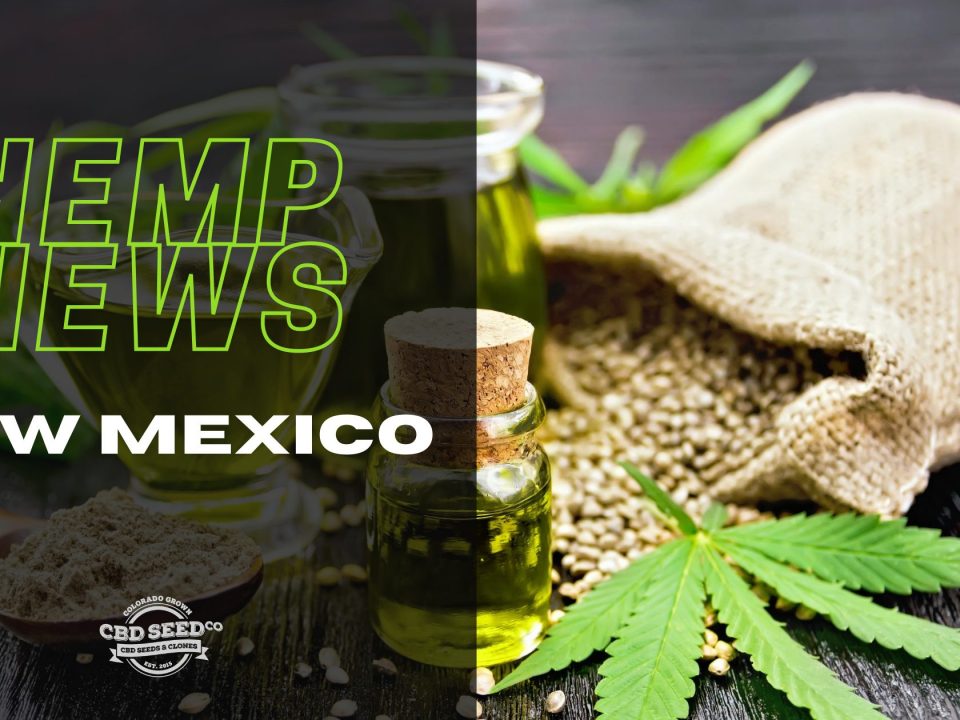What Is a Phytosanitary Certificate and Do I Need One?

Our Process for Creating High CBD Hemp Seeds
December 31, 2019
Is Hemp Fiber the Next Biggest Trend?
January 2, 2020If you’ve looked into purchasing hemp seed, you may have heard a thing or two about phytosanitary certificates. Phytosanitary certificates are used to verify that plants or plant products have met import requirements. In this article, we’ll discuss how they work and who is required to obtain them.
What Is a Phytosanitary Certificate?
If you are purchasing plants or a plant product from another country besides the U.S., you will likely need a phytosanitary certificate. Phytosanitary certificates are a type of document used to confirm that an import is safe for transporting into the U.S.
If untested and untreated, live plants and plant products brought into the country can pose a serious threat to humans, animals, and the environment. These items have the potential to carry harmful pests and bacteria. To prevent this, the U.S. requires that all imported plants are accompanied with a phytosanitary certificate. This document proves that the plants have been sanitized.
Who Issues Them?
Phytosanitary certificates are issued by the NPPO (National Plant Protection Organization) of the country in which the plants were grown.
Who Needs Them?
Anyone who intends to sell or purchase plants (or plant products) from another country besides the U.S. will need a phytosanitary certificate.
This same rule applies to hemp farmers. So, if you’re planning on selling your hemp plants anywhere outside of the U.S., you will need one of these certificates. Likewise, if you’re a farmer in another country who wants to buy seeds or clones from CBD Seed Co., it’s likely that you will also need one.
The USDA has confirmed that farmers can legally purchase hemp seeds from other countries. But a phytosanitary certificate is crucial. Farmers may also need to obtain a COA (Certificate of Analysis).
Learn More
At CBD Seed Co., all of our products are federally legal for sale in U.S. Additionally, we are happy to help our customers obtain documentation for shipment. For more information on our products or services, please contact our office.





